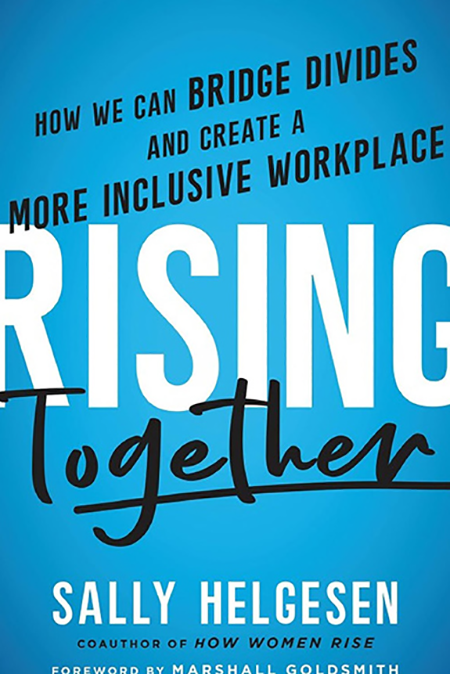I tend to react badly to being ignored. I’m generally a quiet, bookish type rather than a loud party animal. But I expect that when I actually have something to say, people will listen. Hasn’t always turned out that way, though. And when it doesn’t, I get mad. That’s triggers for you.
In one place I worked, there was a guy called Nick. Nick is his real name. I doubt anyone will recognize him from my description now, and why should I spare his blushes? Anyway, Nick was a knowledgeable guy. As the product of an expensive education, he should have been. And he knew it.
None of which would be a problem, except that Nick didn’t wear his knowledge lightly. In meetings, he’d correct people, interrupt for “clarification,” and dispute petty points. He’d also just talk over people, including me. And my reaction was not me at my best. I neither confronted him, nor rose above him. I just sat there in a passive-aggressive huff.
Recognizing Triggers
I’d been triggered. Triggers are actions that provoke a negative emotional response. That response might be anger, resignation or fear, to name but three. We’re perhaps used to hearing about triggers in connection with racist or sexist microaggression. But triggers are everywhere, and they’re often delivered unintentionally. They can still do huge harm.
Sally Helgesen’s book “Rising Together” is largely devoted to a study of triggers, and how to overcome them – so that everyone in an organization can be heard, can be valued, and can thrive. And some of her observations are surprising.

Reframing Your Thinking
Can you be too authentic, for example? Surely not. Projecting authenticity is a vital skill in building trust, particularly for managers. But what if your determination to be true to yourself damages your relationships with others, and marks you out as inflexible? Maybe that’s too authentic.
That’s not to say that we should just sit back and accept overt bad behavior. But it’s worth thinking about what else you can do when you’re triggered, other than sit there with steam coming out of your ears.
Maybe you could reframe what you’re experiencing. In my case, perhaps Nick was actually a decent guy whose anxiety to make a good impression made him overkeen, for example. I could have met him halfway, perhaps supporting some of his points while quietly making a few of my own.
Insincere? Perhaps, a little. But also, it would have been more effective in establishing my own right to speak. And that’s good old assertiveness. I’m already feeling calmer and more in control, albeit 20 years too late.
Confidence Isn’t Everything
If that’s a fresh take on authenticity, then wait until you hear what Helgesen has to say about confidence. Recruiters love confidence. They want executives who can deliver a vision and carry a room. Never mind whether they actually understand the market they’re in.
But news just in: in winning people over, confidence is actually far less important than boring old competence. Take the new Ford CEO who freely admitted that he didn’t know much about the car industry. You can imagine a room full of car industry execs inhaling sharply together. How could he get away with saying such a thing?
Well, by pointing out that everyone else in the room had that knowledge, and that he was prepared to work as hard as required to acquire it. Which he did.
Admitting his lack of knowledge became a strength, not a weakness.
Triggers Build Barriers, We Need to Pull Them Down
The main point of “Rising Together” is about inclusivity. Most of us want to belong to organizations that encourage a culture of belonging. We want everyone to be valued and heard. And we want to be able to communicate freely.
Triggers help to build barriers between people. To overcome them, we need to admit our own failings and be a little more understanding of the failings of others. It can be a tough ask. It can require us to examine quite a lot of what we thought we knew. But the rewards, as Helgesen lays them out, are worth the effort many times over.
Listen to Our “Rising Together” Book Insight
We review the best new business books and the tested classics in our monthly Book Insights, available as text or as 15-minute audio recordings.
So, if you’re a Mind Tools Club member or corporate user, listen to the “Rising Together” Book Insight now!
If you haven’t already signed up, join the Mind Tools Club and gain access to our 2,400+ resources, including 390+ Book Insights. For corporate licensing, ask for a demo with one of our team.

About the Author:
Simon has been researching, writing and editing non-fiction for over 30 years. In that time he’s worked on educational courses, scientific journals, and mass-market trade books about everything from popular psychology to buying houses in Bulgaria. In the last 20 years he’s specialized in simplifying complex subjects, and helping readers to learn new skills. Away from work he listens to good music, watches bad football, and is fascinated by medieval history.



